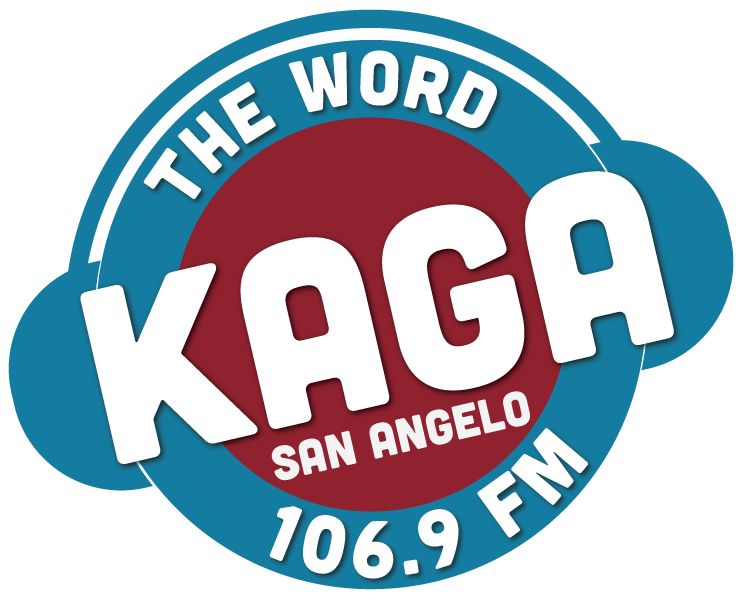Sponsoring a program on non-profit radio or TV is just one part of a public relations or marketing strategy – the other part is getting public credit for your donation. In commercial radio and television, your investment typically provides you with time for what is appropriately called a “commercial” or advertisement. Public broadcasting announcements are different due to the non-profit nature of these stations — and regulations imposed by the Federal Communications Commission. For these reasons, nonprofit radio or TV stations provide their underwriters with a short announcement to identify – rather than promote – the sponsor. This is typically placed at the beginning or end of the program and fits the criteria of “brief, descriptive information on products and services.”
KAGA doies offer to create this sponsorship announcement for you, but you may choose marketing or public relations staff are to write this script to ensure the tag meets company branding standards and sponsorship goals. As with traditional electronic advertising, you will want to clearly state your brand, keep the message short and concise, and incorporate your company’s theme or positioning. These are some additional guidelines that will help you write an effective sponsorship tag without running into objections from the station or the FCC:
- Length – 15 to 20 seconds is generally acceptable with most radio stations to meet the criteria of “no longer than necessary.” 30 second premier sponsorships are available. (The longer the announcement, the more likely it will be judged “commercial” in nature.)
- Names – The business or product name is acceptable.
- Contact information – A phone number or web address is acceptable.
- Location – Mention of the business location or the area served is acceptable.
- Preamble – The preamble is phrasing such as “Brought to you by,” “Made possible by,” “The program on KAGA is sponsored by,” “Funding for this program provided by,” or “Helping KAGA with the broadcast day.” Use of preambles is fairly traditional although not strictly required. The FCC has objected in some cases where such wording is omitted.
- Logos, slogans and theme lines – These are generally acceptable if as long as the logo “identifies” and the slogan does not “promote.” The key here for slogans is that the phrase should not be comparative in nature or an appeal to purchase. The wording should be value-neutral. Well-established company slogans fair somewhat better under review.
- Product mentions – Factual descriptions of up to three products or services, the use of the product, what the product is made from, or the form of delivery are generally acceptable. On television, products can be shown but their depiction is an issue since it should not convey product superiority or customer satisfaction (sometimes referred to as “no smiling). Products may not be displayed on children’s programming.
- Dates – Days of operation are acceptable. Event dates and locations may be acceptable depending on the nature of the event.
- Avoid – Wording that is qualitative, comparative, or that urges the listener to buy, call, visit, try, or compare. This means one should avoid superlatives, calls to action, and endorsements by customers or professional groups. Here are some examples hot words to avoid: efficient, excellent, best, premier, number one, quick, prompt, largest, leading, and bigger. Truth of the statement is not an issue; comparative and superlative wording is just off limits.
- Avoid – Price information of any type. Words to avoid include: free, sale, economical, affordable, and so forth. Limited time offers, trials and special gifts are not acceptable.
- You or Your – Although a favorite of marketers, use of the word “you” or “your” generally causes problems in sponsorship announcements. It may be possible to successfully rewrite the phrase without the word.
These guidelines are a compilation of basic standards and guidance provided by various stations, as well as how the FCC has acted in the past. You will want to consult your individual radio or television outlet for specific requirement that they may have. The station has the ultimate right to approve or reject your underwriting acknowledgement script.
Sponsoring a program on public radio or TV can be an effective way to position your organization with your target audience. Applying these guidelines, good electronic copywriting techniques and some common sense will help your organization make the most of the short on-air time that you receive for your donation. Of course, the smart public relations manager won’t stop here. Announcing your sponsorship to internal and external audiences and weaving it into your communication plans will more fully leverage your organization’s investment.
